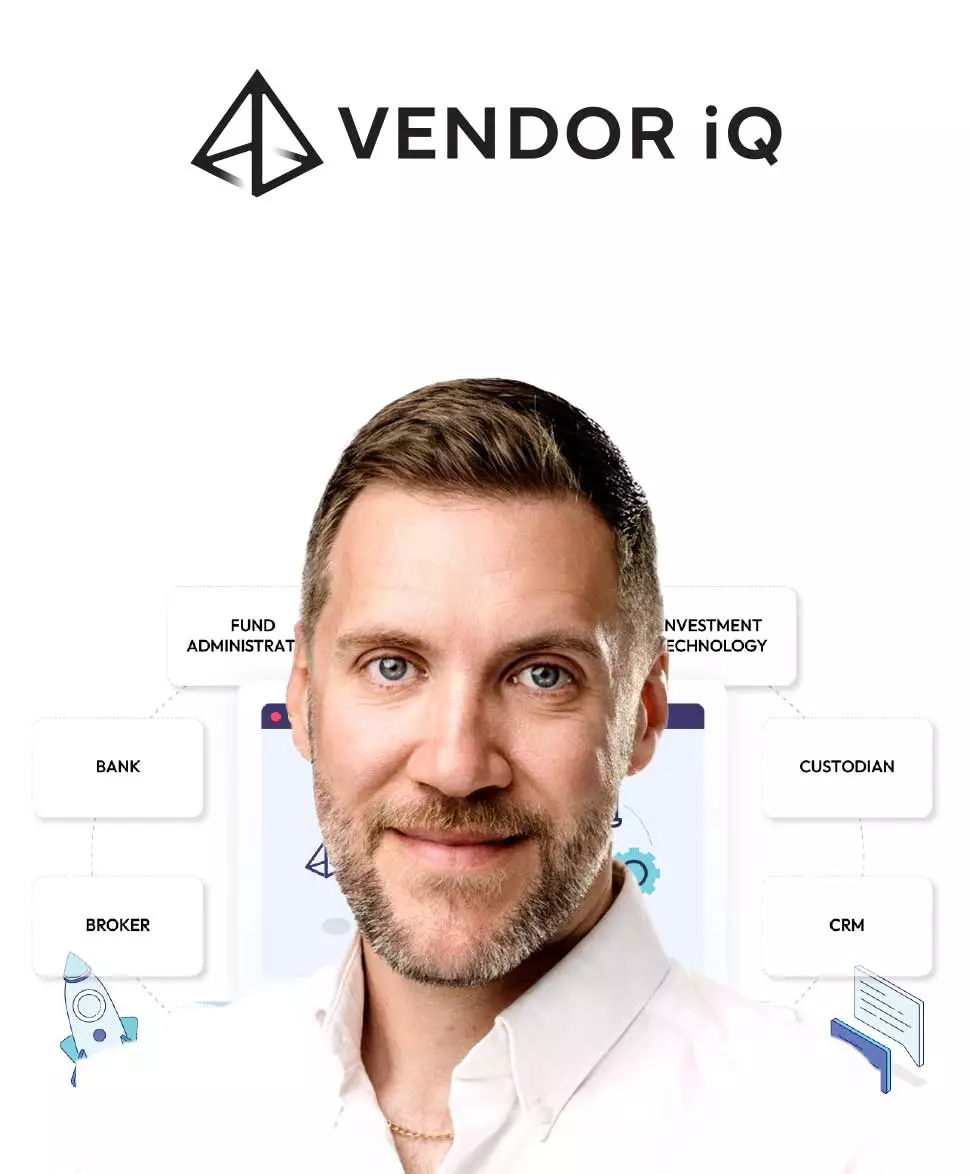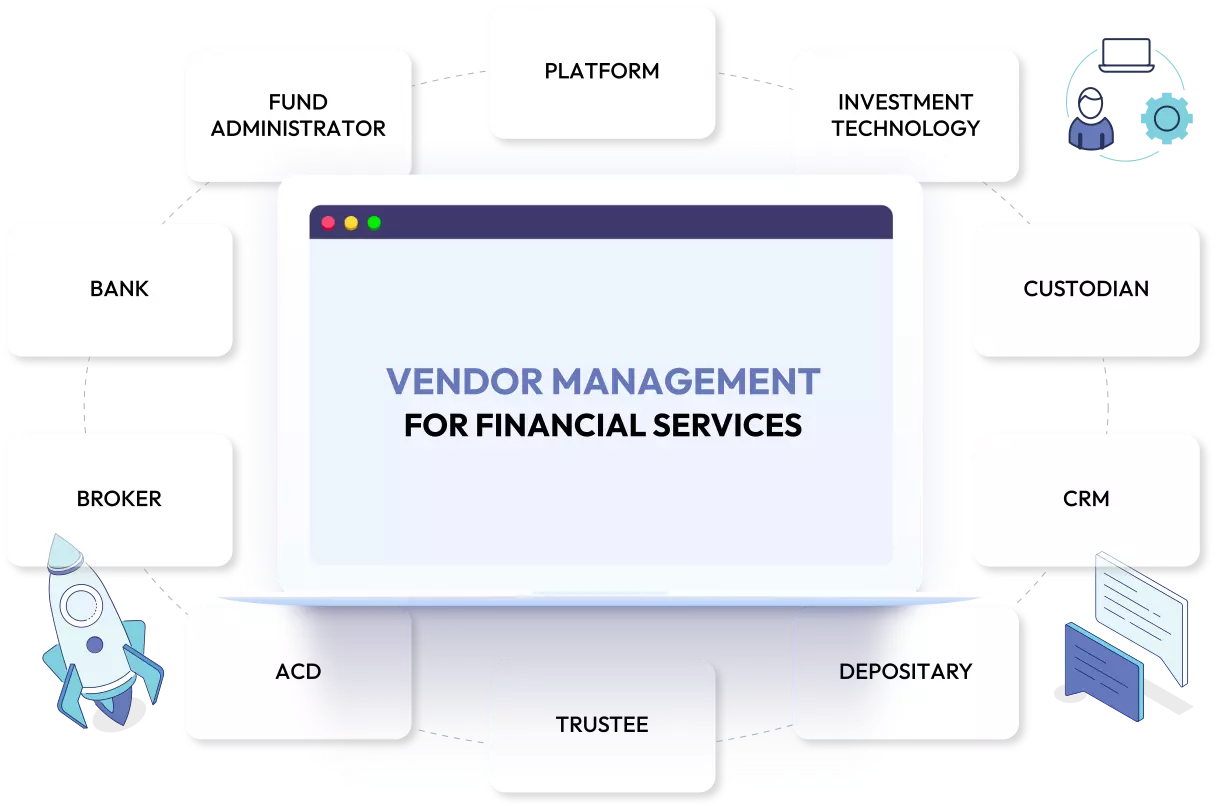Author: Graphene – www.grapheneis.com
Welcome to an exclusive thought leadership piece by Wayne Green, a seasoned leader, board advisor, and founder in the financial sector. With over two decades of hands-on experience in financial services, Wayne has played crucial roles in delivery, oversight, growth, strategy, and leadership across a diverse range of organisations, both in the UK and globally.
Drawing upon his extensive expertise, Wayne shares valuable insights on the topic at hand, exploring the intersection of technology and financial services. With a deep understanding of how technology can revolutionise business operations, Wayne has provided strategic guidance in the areas of FinTech and RegTech development and integration, regulatory consulting and compliance, and product governance and development.

Vendor Management and Surveillance: A Mission-Critical Frontier for UK Financial Services

Vendor management and surveillance essentially pertain to the practices of monitoring and controlling interactions with third-party suppliers and partners to maintain quality control and reduce potential risks. For businesses in the financial services sector, this involves continuous assessment and management of vendors, routine data reviews, real-time detection and prevention of threats, and timely response to regulatory changes. We’re talking platforms, administrators, custodians, depositaries, brokers… the list goes on.
From Transactional Relationship to Valuable Strategic Partner
In an increasingly interconnected and value-conscious world, vendor management and surveillance have rapidly become indispensable pillars of successful business strategy within the UK’s financial services sector. More than just a cost of doing business, they are now mission-critical components required to ensure compliance, mitigate risks, and optimise operational efficiency. The ever-expanding complexity of vendor networks and the relentless evolution of the regulatory environment emphasises the growing importance of these aspects.
Furthermore, effective vendor and supplier management aids in fostering strategic partnerships and innovation. As firms collaborate with vendors who bring unique expertise or technological capabilities, they can explore new service offerings, enhance customer experiences, and drive competitive differentiation. In essence, effective vendor management shifts the firm-vendor relationship from a transactional one to a collaborative and strategic partnership, thereby enabling firms to extract maximum value from their vendor engagements.
And that extraction of value is a key benefit that is often overlooked. Value might be a regulatory buzzword with the introduction of the Assessment of Value for funds and, via the Consumer Duty implementation, the full spectrum of financial services firms but it is also at the very heart of good business strategy. If you assess the value of your service providers then you meet the regulator’s expectations for evidencing good outcomes and you create good, well-informed business strategy.
The Mindset Shift – Because you want to, not because you have to
Approaching the selection and oversight of vendors or suppliers as a regulatory box-tick and cost reduction exercise alone risks missing this key benefit of value delivery. The right vendors help your business. They have a good cultural fit and they enable scale and diversification. Furthermore, it risks firms being dazzled by apparently innovative and streamlined technology and service without sufficient consideration being given to the fundamental building blocks of the vendor. How stable is the workforce and the senior leadership? How financially sound are they? What is their technology built on? What points of failure exist within their processes? How reliant are they on individual clients?
All of this takes time, resource and knowledge that might not be readily available within your business. You know your business objectives and how you want to achieve them. You have a strategy, but selecting and managing the right partners and suppliers quickly becomes cumbersome, if not completely overwhelming. That can create inertia or bring implementation to a complete halt.
The work doesn’t end with selection of course. The ongoing impact of activities undertaken by vendors and the scrutiny they receive from regulators means they are a direct reflection of your business in the eyes of crucial stakeholders. That failed trade, negative press coverage, system outage or regulatory sanction reflects badly on you and leads investors to ask why you didn’t see this coming or take faster action.
Quite a well-known investor put it best when he said, “It takes 20 years to build a reputation and five minutes to ruin it. If you think about that, you’ll do things differently.”
To illustrate, let’s consider the example of platforms
Platforms play a pivotal role in the modern financial ecosystem and significantly impact advisers and wealth managers across various dimensions, including technology, reputation, size, and service offering.

Technology: Platforms are largely technology-driven, and their efficiency and robustness can greatly influence the operations of your business. An advanced platform featuring intuitive interfaces, real-time analytics, seamless integration, and reliable security can enhance productivity, enable informed decision-making, and boost client confidence. Conversely, a platform with outdated technology or prone to glitches can hinder operations, lead to client dissatisfaction, and expose you to cyber and regulatory risks.
Reputation: A platform’s reputation can have a direct bearing on your own. If a platform is known for its reliability, robust security, and superior service, it can reflect positively, enhancing your credibility. On the other hand, association with a platform that has experienced severe operational issues, regulatory breaches, or data leaks can harm your reputation.
Size: The size of the platform, in terms of its client base, assets under management, and geographical reach, can affect the scale of your own operations. Larger platforms might provide access to a broader market, offer more sophisticated services and access to more diverse assets and classes. However, they may also present challenges such as impersonal service or slower response times.
Service Offering: The range and quality of services offered by platforms are critical factors. Platforms that offer a comprehensive suite of services – from portfolio management, trade execution, and reporting or client communication tools – can help advisers provide a holistic service to their clients. Moreover, platforms that invest in continuous innovation and regularly update their service offerings can enable your own competitiveness in a rapidly evolving market.
So, it’s clear that platforms can exert a significant influence on the operations, reputation, and success of your business. Therefore, making the right platform choice – one that aligns with your business needs, values, and client expectations – is crucial. Monitoring them continuously keeps your business alive to emerging risks or changing dynamics. Insights should enable fast and decisive action taken in the best interests of your business and its clients.
Looking ahead
Looking forward, the world of financial services will witness an even greater intertwining of business operations with technology and third-party vendors. Not just because service providers carry out necessary functions on a very transactional basis, but because they have evolved into key partners vying for your business. You should expect much more from them but be prepared to keep a much closer eye on the value they deliver. Therefore, a sophisticated and proactive approach to vendor management and surveillance will be key. The organisations that can effectively harness technologies to enhance their capabilities, stay abreast of regulatory changes, and adapt to evolving business needs will be well-positioned to succeed in this dynamic environment.
Looking for more insights and actionables? Subscribe to our weekly email.

